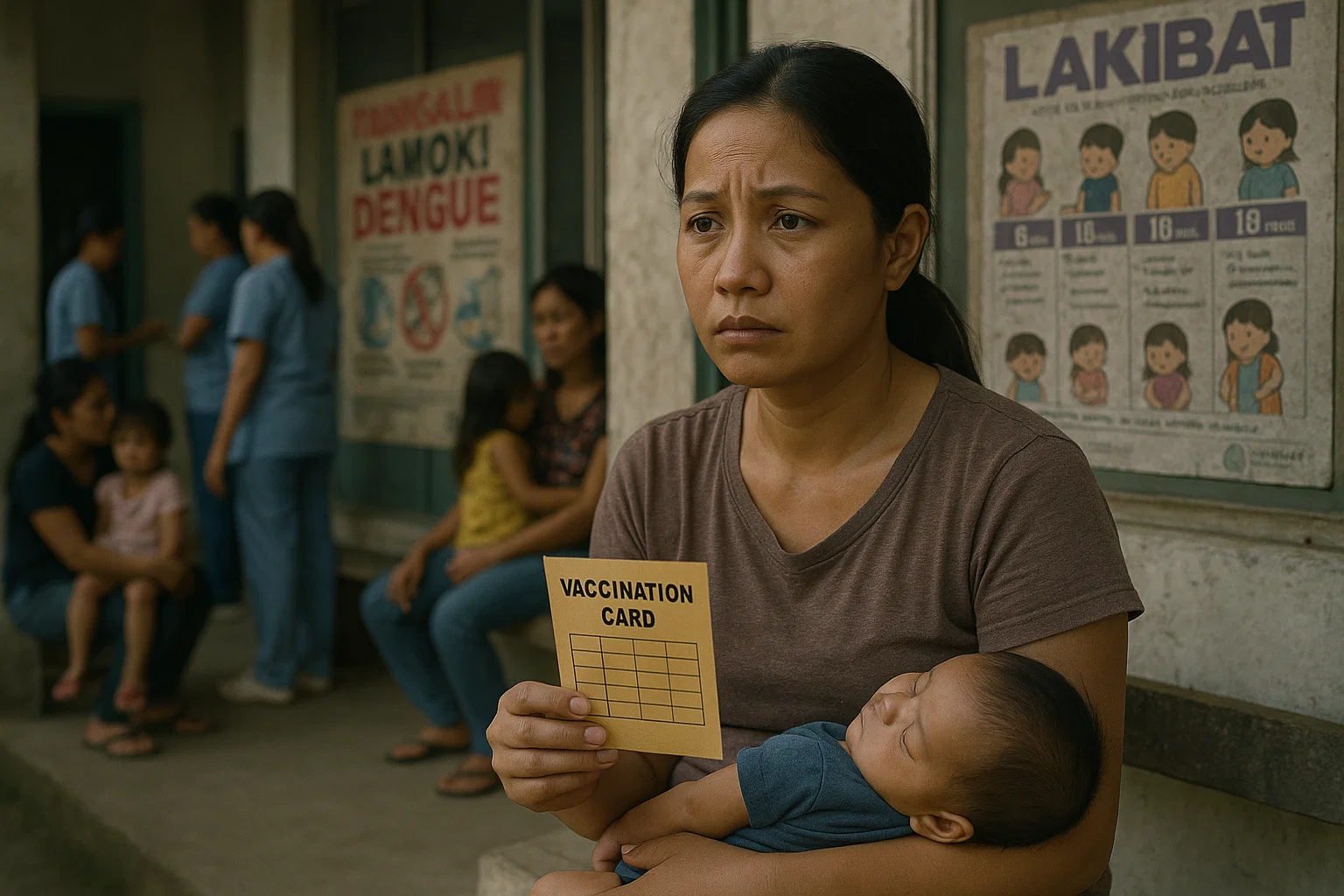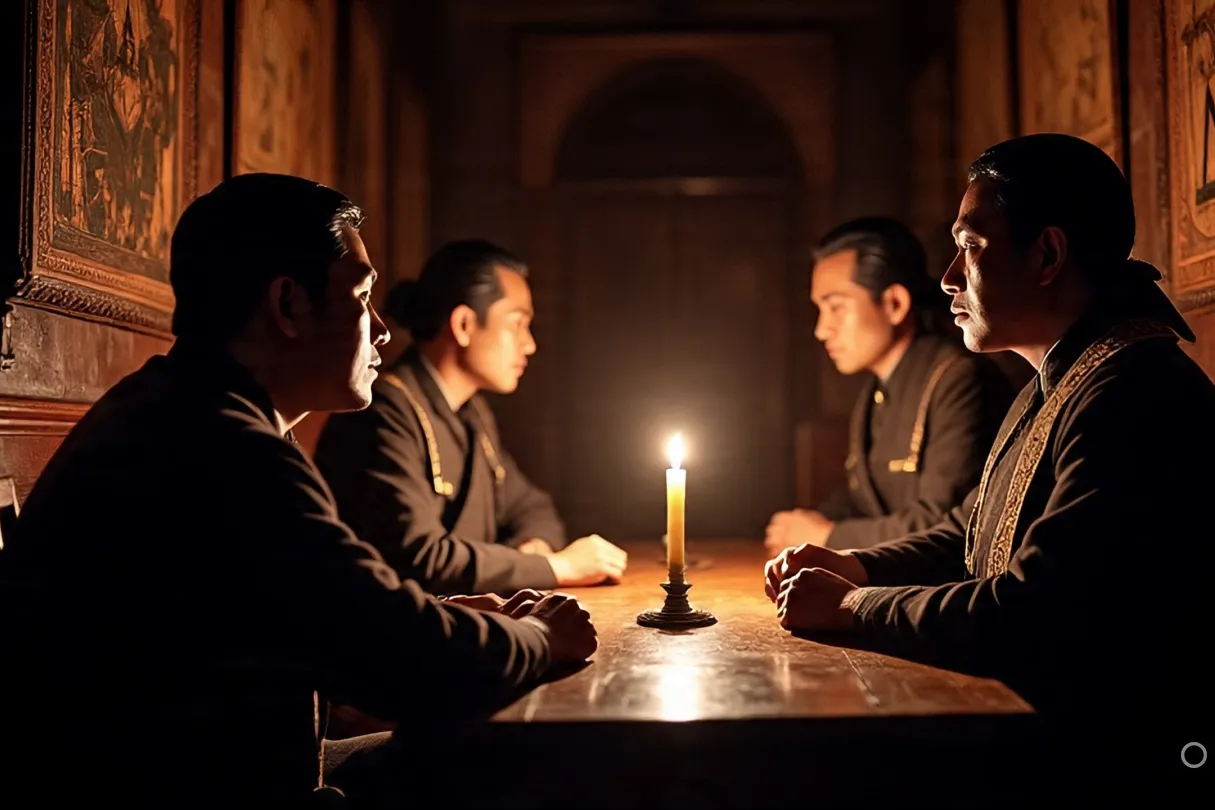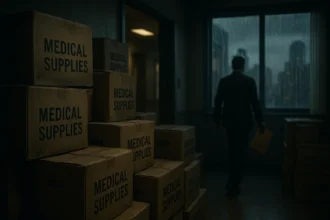In a country where dengue fever has plagued communities for decades, the arrival of a vaccine seemed like a breakthrough. But what started as a public health milestone turned into one of the most divisive and politically charged medical controversies in Philippine history. The Dengvaxia controversy sent shockwaves through the healthcare system, influenced national politics, and left Filipino parents questioning science, trust, and safety.
- Dengue in the Philippines: A Persistent Threat
- The Arrival of Dengvaxia: A Promising First
- The Controversy: Safety Warnings and a National Outcry
- 🗓 Timeline of the Dengvaxia Controversy
- Political Storm: Senate Hearings and Accusations
- Impact Beyond Dengue: A Collapse in Confidence
- Real Lives, Real Costs
- Lessons Learned: Science vs. Sensationalism
- A New Era of Vaccine Hesitancy
- Frequently Asked Questions (FAQ)
- Balancing Public Health with Political Accountability
Dengue in the Philippines: A Persistent Threat
Dengue fever is a mosquito-borne viral infection endemic to the Philippines. With four serotypes of the virus circulating simultaneously, Filipinos are at constant risk of reinfection, often with more severe consequences. According to the Department of Health (DOH), the country sees hundreds of thousands of cases annually, with significant spikes during rainy seasons.
The disease can escalate into severe dengue, characterized by internal bleeding, organ impairment, and even death, particularly in children. This looming threat made the Philippines a prime candidate for dengue vaccine trials and rollout.
The Arrival of Dengvaxia: A Promising First
In 2015, Sanofi Pasteur’s Dengvaxia became the world’s first dengue vaccine to be approved. The Philippines moved quickly, becoming the first country in Asia to launch a public immunization campaign. By April 2016, the DOH began administering Dengvaxia to over 800,000 public school children aged 9 and above in high-risk areas.
The vaccine was initially hailed as a scientific milestone, promising to reduce hospitalizations and severe dengue cases. Early trials suggested it could prevent up to 93% of severe dengue cases in previously infected individuals.
The Controversy: Safety Warnings and a National Outcry
The turning point came in November 2017, when Sanofi released updated findings: Dengvaxia could potentially worsen the disease in individuals who had never been previously infected with dengue. For seronegative recipients, the vaccine acted like a silent primer—mimicking an initial infection and making their first natural exposure far more dangerous.
The DOH suspended the program. But the damage was done. Rumors and fear spread like wildfire. Parents began connecting unexplained child deaths to the vaccine. The Public Attorney’s Office (PAO) took on high-profile cases, often presenting emotional testimonies and dramatized re-enactments in media.
Pathologists and forensic experts challenged many of the claims, but in the court of public opinion, a verdict had been reached.
🗓 Timeline of the Dengvaxia Controversy
- December 2015: Dengvaxia approved for use in the Philippines.
- April 2016: DOH launches school-based immunization program.
- November 2017: Sanofi announces risks for seronegative recipients.
- December 2017: DOH halts Dengvaxia program.
- 2018: Senate and House hearings begin; PAO launches investigations.
- 2019: DOH confirms drop in vaccination rates for other diseases.
- 2020 onward: Dengue cases continue, public trust remains low.
Political Storm: Senate Hearings and Accusations
The controversy quickly escalated into a political showdown. Former President Benigno Aquino III, who approved the vaccine program in the final months of his term, was summoned to explain the urgency and decision-making behind the rollout.
Health Secretary Janette Garin, a vocal advocate of the vaccine, was accused of fast-tracking its approval. Critics alleged corruption and negligence. On the other side, some claimed the panic was weaponized by political opponents to discredit Aquino’s administration.
Table 2: Main Political Figures Involved and Their Stances
| Name | Position | Stance on Dengvaxia Controversy |
|---|---|---|
| Benigno Aquino III | Former President | Defended rollout, said intent was to save lives |
| Janette Garin | Former DOH Secretary | Defended vaccine, denied wrongdoing |
| Francisco Duque III | DOH Secretary (2017–2022) | Suspended program, cautious stance |
| Persida Acosta | Chief, Public Attorney’s Office | Aggressively linked Dengvaxia to child deaths |
| Rodrigo Duterte | Former President | Initially cautious, later criticized handling |
The televised Senate hearings were filled with emotional testimonies from grieving parents and aggressive questioning of health officials. The media fanned the flames, often presenting unverified claims and forensic reports as fact.
Impact Beyond Dengue: A Collapse in Confidence
Perhaps the most devastating consequence of the Dengvaxia panic was its ripple effect on public health. Fear and mistrust didn’t stay confined to one vaccine—they spilled over into the entire immunization system.
🩺 How the Panic Affected Other Immunization Campaigns
- Measles: Outbreaks surged in 2019, with over 200 deaths, mostly unvaccinated children.
- Polio: The Philippines declared a polio outbreak in 2019 after 19 years of being polio-free.
- Routine vaccines: Nationwide coverage dropped below 70%, far from the 95% goal.
- COVID-19 hesitancy: Early vaccine rollout hampered by lingering distrust.
Doctors reported a sharp increase in vaccine hesitancy. Health workers on the ground encountered parents refusing even the most basic childhood vaccines. The phrase “bakuna ng gobyerno” (government vaccine) became associated with danger, not protection.
Table 1: Dengvaxia Rollout and Dengue Case Numbers
| Year | Dengvaxia Status | Dengue Cases Reported |
| 2015 | Not yet rolled out | 200,415 |
| 2016 | Initial rollout | 211,903 |
| 2017 | Continued rollout | 176,411 |
| 2018 | Suspended | 216,190 |
| 2019 | Panic peak | 420,453 |
| 2020 | Post-suspension distrust | 83,335 (COVID lockdown) |
Real Lives, Real Costs
Parents who lost children after receiving Dengvaxia became powerful voices in the media. Some genuinely believed the vaccine caused their child’s death. Whether the scientific basis was sound or not, their grief was real—and it was amplified by institutions that should have focused on clarity, not chaos.
Other families watched helplessly as unvaccinated children succumbed to measles or polio—deaths that could have been prevented had confidence in vaccines not plummeted.
Maria, a mother from Quezon City, shared: “I was scared of vaccines after Dengvaxia. I didn’t let my youngest get her shots. Then she got measles in 2019. I blamed myself.”
Lessons Learned: Science vs. Sensationalism
The Dengvaxia episode underscores how fragile public trust in science can be—especially when communication fails, or becomes politicized. Here are the key takeaways:
- Scientific transparency is essential, especially with new drugs.
- Health messaging must be clear, consistent, and apolitical.
- Media should prioritize evidence, not emotion.
- Emergency response teams must include public communication experts.
The World Health Organization (WHO) and local health groups later emphasized the importance of pre-screening for dengue exposure before vaccination—a step skipped in the Philippine rollout.
A New Era of Vaccine Hesitancy
Even years later, the term “Dengvaxia” evokes strong reactions. Surveys show that Filipinos’ trust in vaccines took a deep hit, with the effects still visible during the COVID-19 pandemic.
Government efforts to rebuild confidence include:
- Strengthened communication campaigns.
- New guidelines for vaccine introductions.
- Grassroots partnerships with barangay health workers.
Still, the damage lingers.
Frequently Asked Questions (FAQ)
Q: Is Dengvaxia still used today in the Philippines?
A: As of 2025, Dengvaxia is not part of the national immunization program. However, it’s approved for private use only for individuals with confirmed prior dengue infection.
Q: Was Dengvaxia dangerous for all children?
A: No. It posed increased risk only to seronegative individuals—those who had never had dengue before. For those previously infected, it remains effective and safe.
Q: Why wasn’t prior infection checked before the rollout?
A: At the time, reliable rapid tests for prior dengue infection weren’t widely available. The urgency to reduce dengue burden influenced the decision.
Q: Were officials punished for the controversy?
A: Several faced charges and hearings, but as of now, no top official has been convicted in relation to Dengvaxia.
Q: What should parents do now?
A: Consult healthcare providers. Vaccines in the national program today are safe, vetted, and essential.
Balancing Public Health with Political Accountability
The Dengvaxia controversy should never have been just a medical story—or just a political one. It was both. Lives were lost not only to disease, but to fear, poor communication, and political agendas.
In a country where health intersects with trust, media, and power, the need for responsible governance and transparent science has never been more urgent.
As the Philippines faces future health threats—from new viruses to climate-driven outbreaks—the Dengvaxia experience remains a painful but necessary lesson: Public health must never be a pawn in political games. Lives depend on it.




